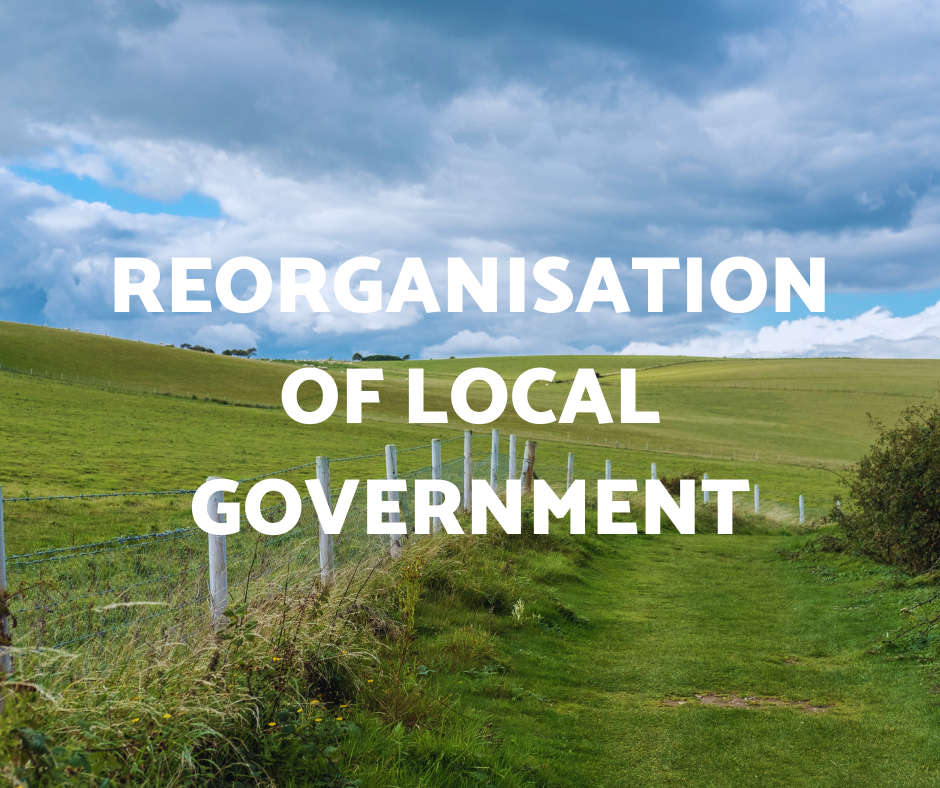
County councillors are set to hold a meeting to discuss proposals for a major reorganisation of local government.
On January 9, East Sussex County Council is expected to hold an extraordinary meeting to discuss how the authority’s leadership should respond to government devolution plans, which include proposals to create new “strategic authorities” in England.
These proposals, set out in a white paper from Deputy Prime Minister Angela Rayner last month, would abolish East Sussex’s current two-tier system, which splits powers and responsibilities between district, borough, and county councils.
As part of this, the government has given councils until 10 January to express interest in joining the Devolution Priority Programme — a scheme intended to rapidly set up the new combined authorities in time for the next round of local elections in May.
East Sussex County Council’s cabinet is due to discuss this invitation later the same day, with the extraordinary meeting expected to influence what response its members give to central government.
As part of this meeting, cabinet members are expected to discuss whether they request a “postponement” of the upcoming county council elections (also due to take place in May) in light of the reorganisation plans.
In its white paper, the government says the abolition of two-tier systems are necessary as “new architecture” is needed to deliver its plans to devolve more powers away from Westminster.
The government says the new combined councils would need to be “the right size to achieve efficiencies, improve capacity and withstand financial shocks”, which the white paper sets out as areas with a population of 500,000 or more in most cases.
But critics, including several district council leaders in East Sussex, argue authorities of this size would result in power being taken away from local communities.
The critics include Green Party councillor Rachel Millward, who leads Wealden District Council as part of the Alliance for Wealden coalition.
In a statement issued last month, Cllr Millward said: “Devolution sounds like more power to the people, but this approach will destroy the layer of government that’s closest to residents — pulling power up and away from our communities.
“This is just more centralisation in what is already one of the most centralised countries in Europe. It is designed to prioritise the needs of urban areas and will not serve the needs of us in rural Wealden.”
As part of the same statement, Wealden District Council’s deputy leader James Partridge (Lib Dem), said: “Recent local elections show just how much residents want local, active councillors who listen to them and understand the issues. We now have a patchwork of progressive arrangements across East Sussex which reflect the political will of the people.
“Elevating local government will be a backward step leading to less community engagement and fewer councillors representing many more people. The needs of urban centres will inevitably dominate.”
Similar criticisms were offered by Lewes District Council leader Zoe Nicholson. In a statement released in response to the white paper in December, Cllr Nicholson said: “The claims by Angela Rayner that she wants to give back control to local people is an absolute nonsense and an insult to our intelligence. This is a power grab by a desperate Secretary of State, and it represents the death knell for local democracy.”
Criticism was also offered in a similar statement from Hastings Independent councillor Paul Barnett, who had formerly been the leader of Hastings Borough Council initally as a Labour councillor.
“We all know the poor service Hastings gets from the county council,” Cllr Barnett said.
“Just look at the state of our roads, youth services, and adult social care. Now, they expect us to believe this distant mega-authority will suddenly deliver for Hastings? It’s a scam! A Labour Government pretending this [provides] more local powers, but it’s the exact opposite.
“Imagine a family in Hastings becoming homeless over the festive period. Are we really asking them to travel 30 miles to Lewes? This isn’t just inconvenient — it’s cruel. They’re forcing people onto a biblical journey at the worst moments of their lives.”

 Consultation into cutting pupil numbers at two West Sussex schools
Consultation into cutting pupil numbers at two West Sussex schools
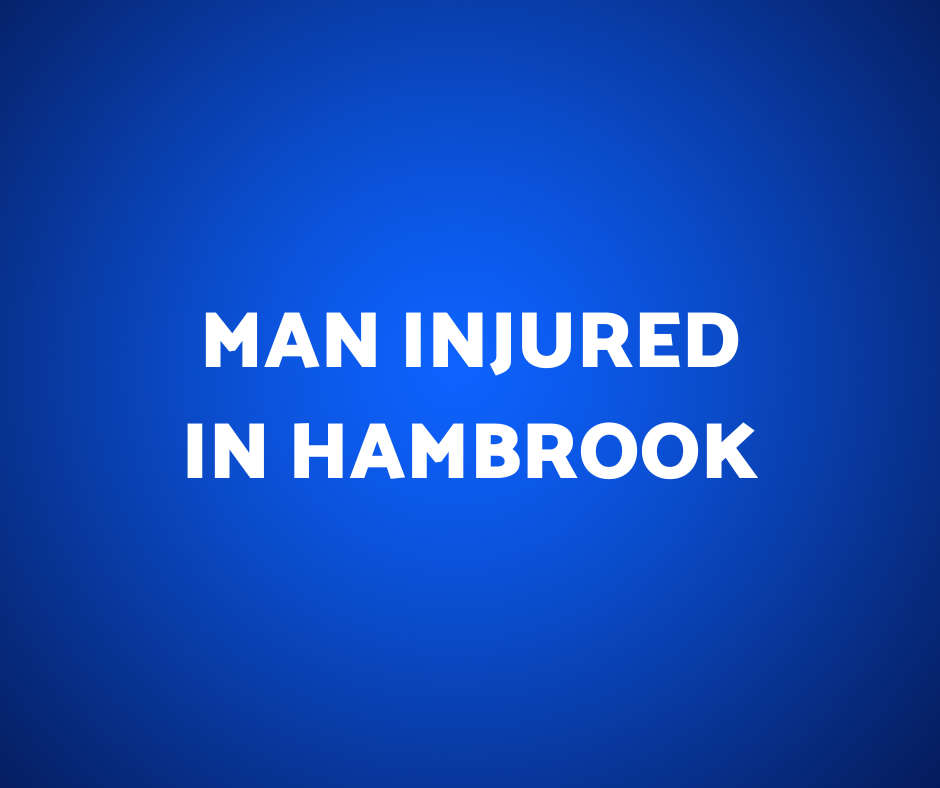 Hit and run in Hambrook near Chichester
Hit and run in Hambrook near Chichester
 Southern Water spends over £1M on new vehicles
Southern Water spends over £1M on new vehicles
 Hospital which serves Crawley, Horsham, and East Grinstead declares critical incident
Hospital which serves Crawley, Horsham, and East Grinstead declares critical incident
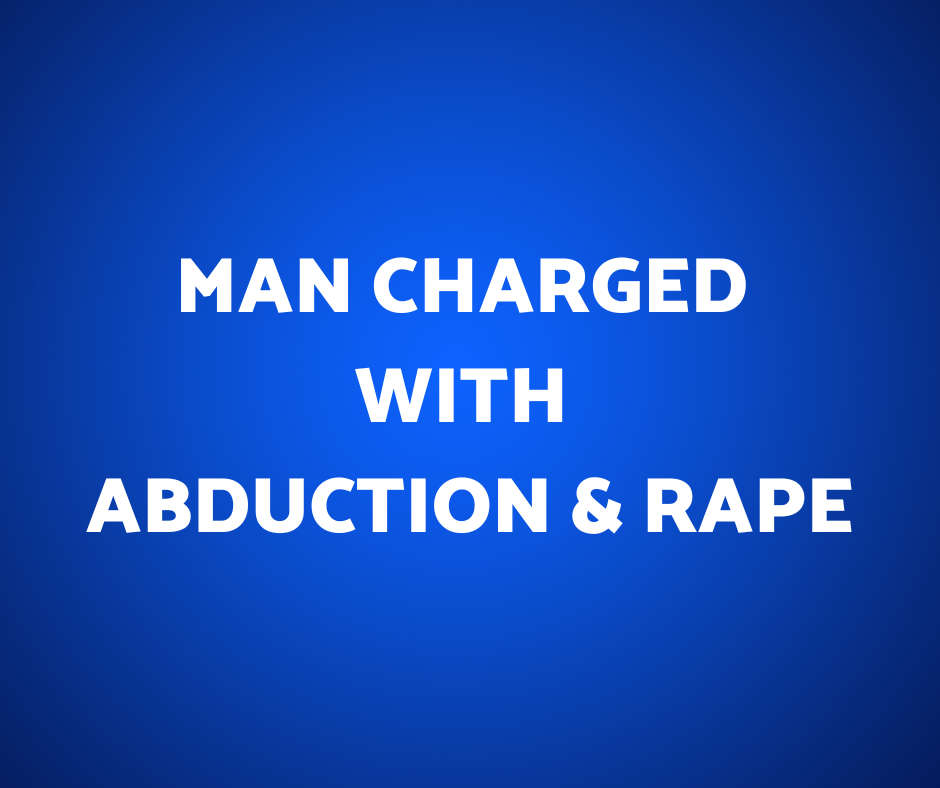 Man charged with abduction and rape in Brighton
Man charged with abduction and rape in Brighton
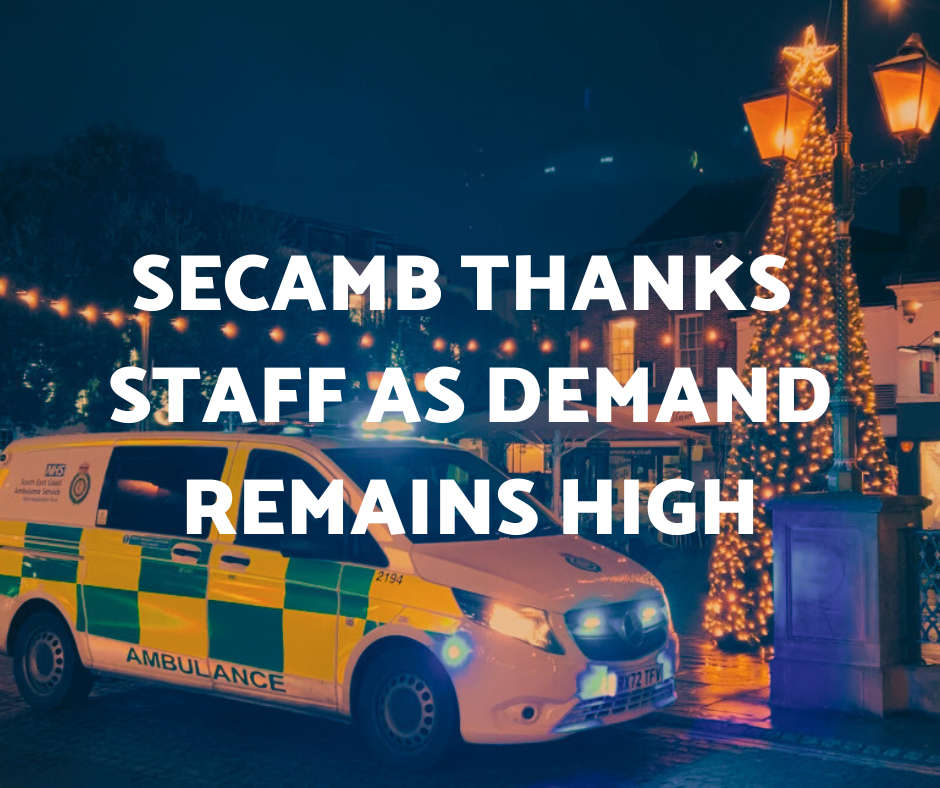 Demand remains high for ambulance service
Demand remains high for ambulance service
 Flood, rain and snow warnings start 2025
Flood, rain and snow warnings start 2025
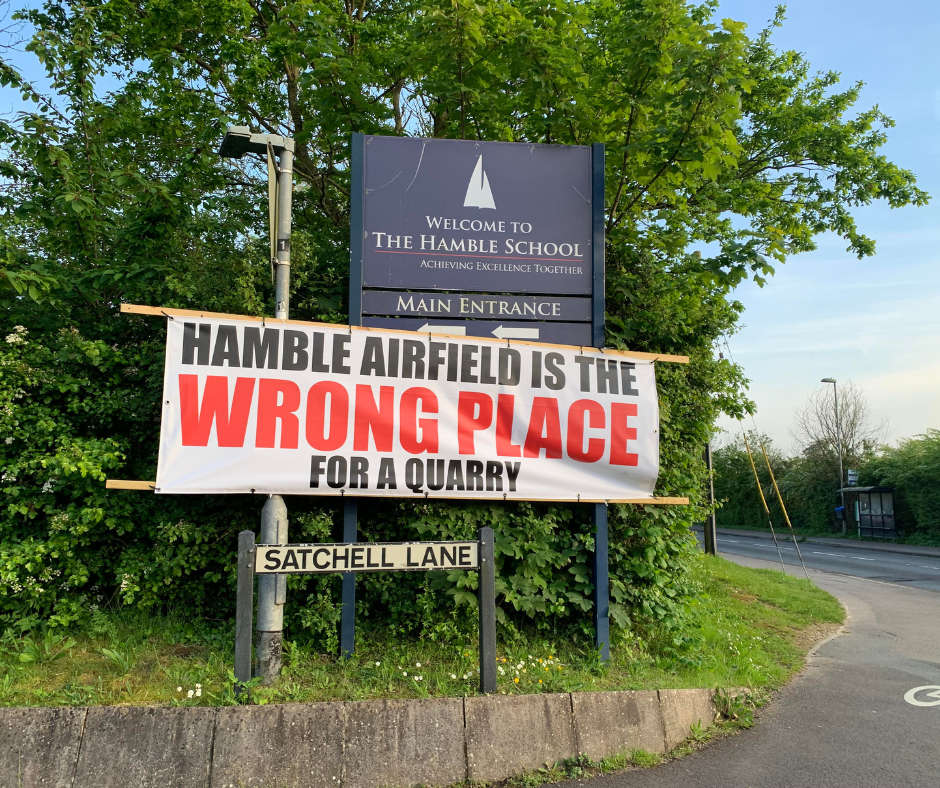 Hamble Quarry appeal
Hamble Quarry appeal
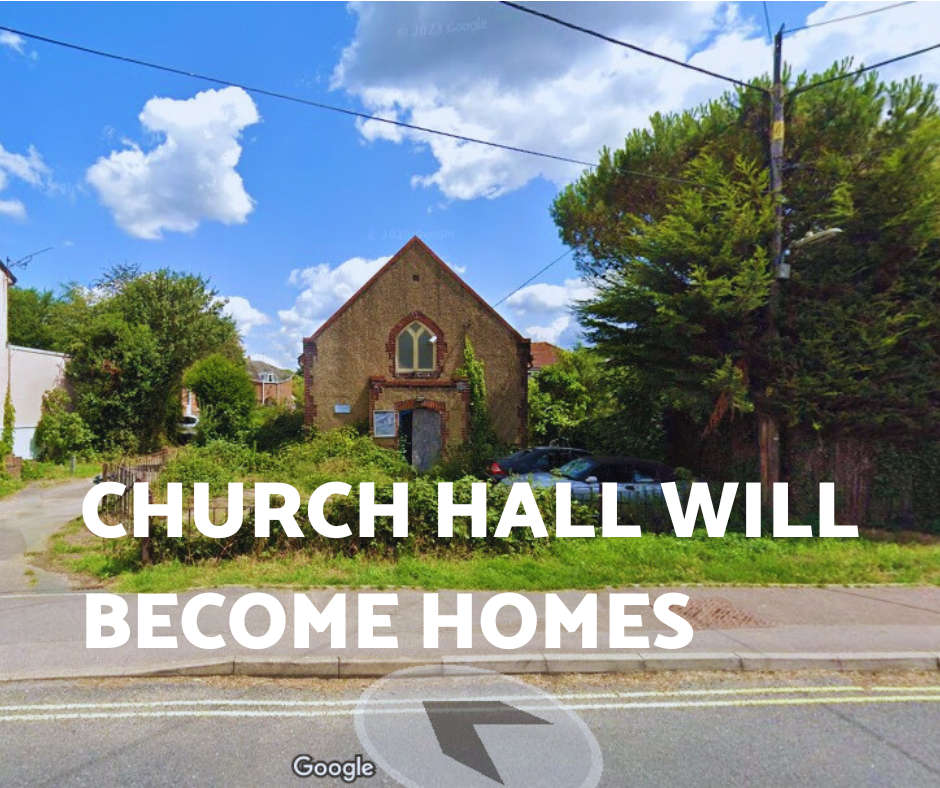 Church hall to become homes in Eastleigh
Church hall to become homes in Eastleigh
 Taxi drivers licensed by Mid Sussex District Council will soon have to allow customers to pay by card
Taxi drivers licensed by Mid Sussex District Council will soon have to allow customers to pay by card






